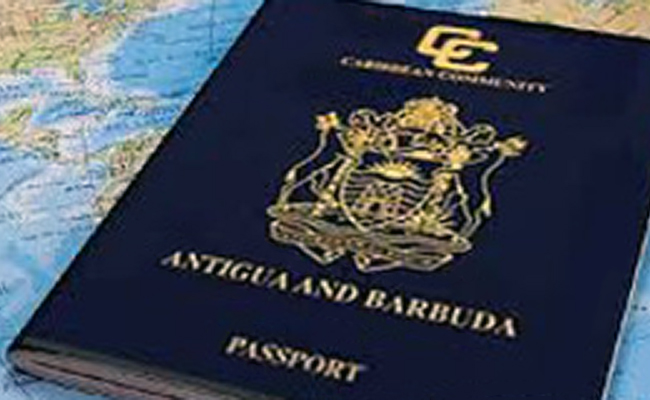By Shermain Bique-Charles
Antiguan and Barbudan students enrolled in US institutions, and who had been under threat of deportation once their classes were delivered fully online, are breathing a sigh of relief.
Recently, the students had expressed frustration and concern for their future, after some universities and colleges announced decisions to move all courses online, and the US government’s subsequent announcement it would revoke the visas of all affected foreign students.
However, on Tuesday, the Trump administration rescinded its policy aimed at barring international students who only take online courses from staying in the US.
The decision comes a little over a week after Immigration and Customs Enforcement announced that students at schools offering only online courses due to the coronavirus pandemic would need to either leave the US or transfer to schools that deliver in-person instruction.
“When I heard what they were going to do I started to panic. I was very nervous. I bit my nails and I wasn’t even aware. With the whole Covid-19 thing, nobody wants to be travelling in US ports,” an Antiguan student in the US told Observer.
The student did not want to be named but she said other students, who are also from the twin island state and are in the US, were also worried.
“We would call each other every day wondering what we were going to do. Even our parents were concerned as well,” she said.
However, the White House is now focused on having the rule apply only to new students, instead of students already in the US.
According to reports, the US government’s about-face came after at least two prestigious American universities threatened to sue over the decision, which they stated would significantly affect their revenues.
When the initial decision first came to light, Antigua and Barbuda’s Director of Education, Clare Browne, told Observer that his ministry was monitoring the situation for any potential impact on students from the twin island nation.

